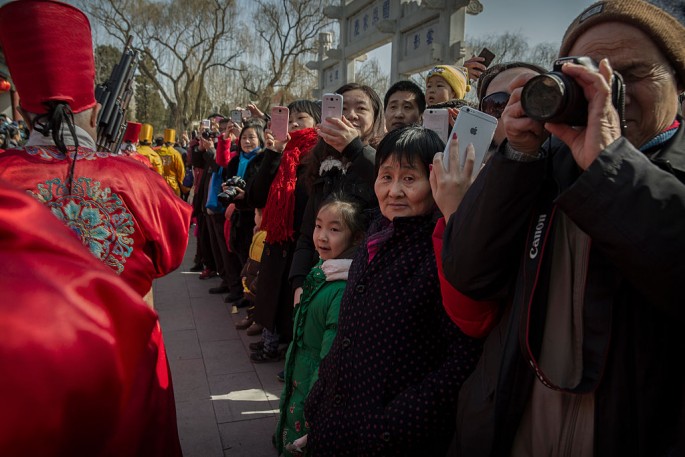The purchasing power of the expanding Chinese middle class, at times, seems not only one of the major fuels that contribute to the country's economy, but that of the whole world's as well. In a China Daily article, Xu Lin explores the world of China's middle class, and what makes them tick.
But first, who is the Chinese middle class?
China's rapidly expanding middle class is composed of approximately 109 million individuals, according to the Global Wealth Report of the Credit Suisse Research Institute. It is the highest in the world. The United States, in contrast, is home to only 92 million middle-class people.
Middle-class people are defined by the report as individuals with assets between $50,000 and $500,000.
For a survey included in The Blue Book of China's Society, 2016 edition, an individual falls under the middle-class classification based on three factors: total family income, the occupation of the person and his or her spouse, and the total amount of money they spend in one year.
The middle class' collective purchasing power gives the economy a strong boost, according to the study. The report added that the middle class can serve as a role model for society, given their mostly positive social attitudes and values.
"The middle class are well-educated, with great vision and rational thinking," said Zhu Di, an associate professor from the Institute of Sociology, Chinese Academy of Social Sciences.
"As the backbone of society they play an important role in the formation of core values," added Zhu.
Of the 3,017 respondents from Beijing, Guangzhou and Shanghai, 49.6 percent were considered middle class, with 40 years as the average age. Average annual family income in 2013 was 197,900 yuan, with outgoings at around 113,740 yuan.
What do the middle-class man usually spend on? Food and beverages, as well as other necessities like housing, apparel, and daily expenses.
The average middle-class individual spends an hour going to work and vice versa, with 43.6 percent owning a private vehicle and 61 percent owning their home.
As for careers, 30 percent of the surveyed middle class are in private companies, 22 percent in state-owned firms, 15 percent in public institutions, and 8.6 percent in trade.



























